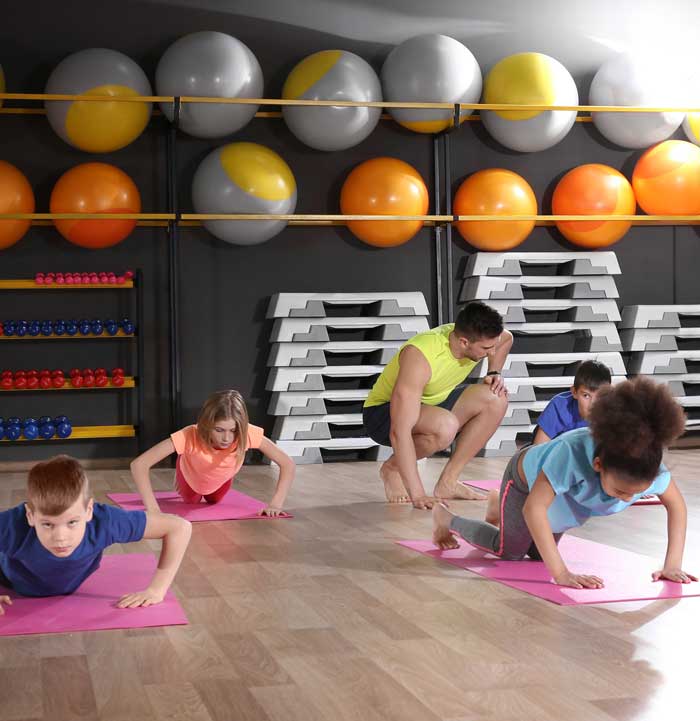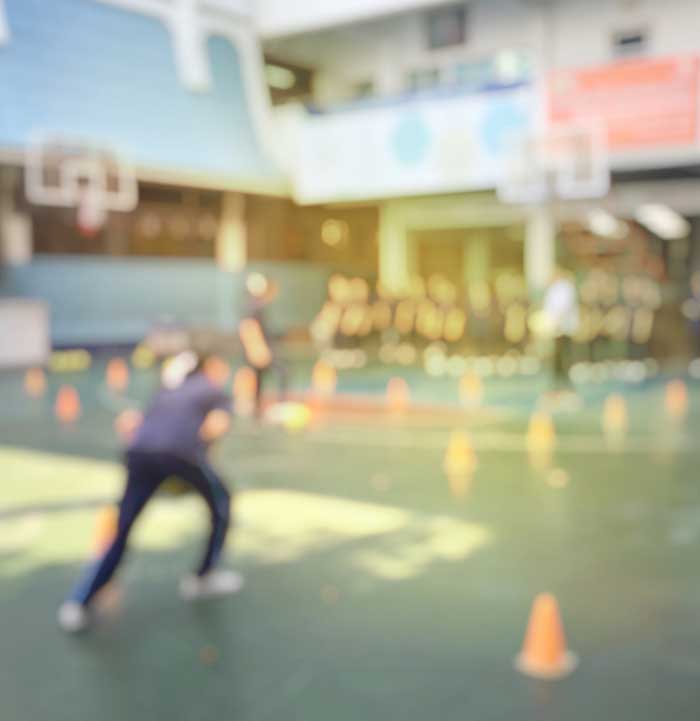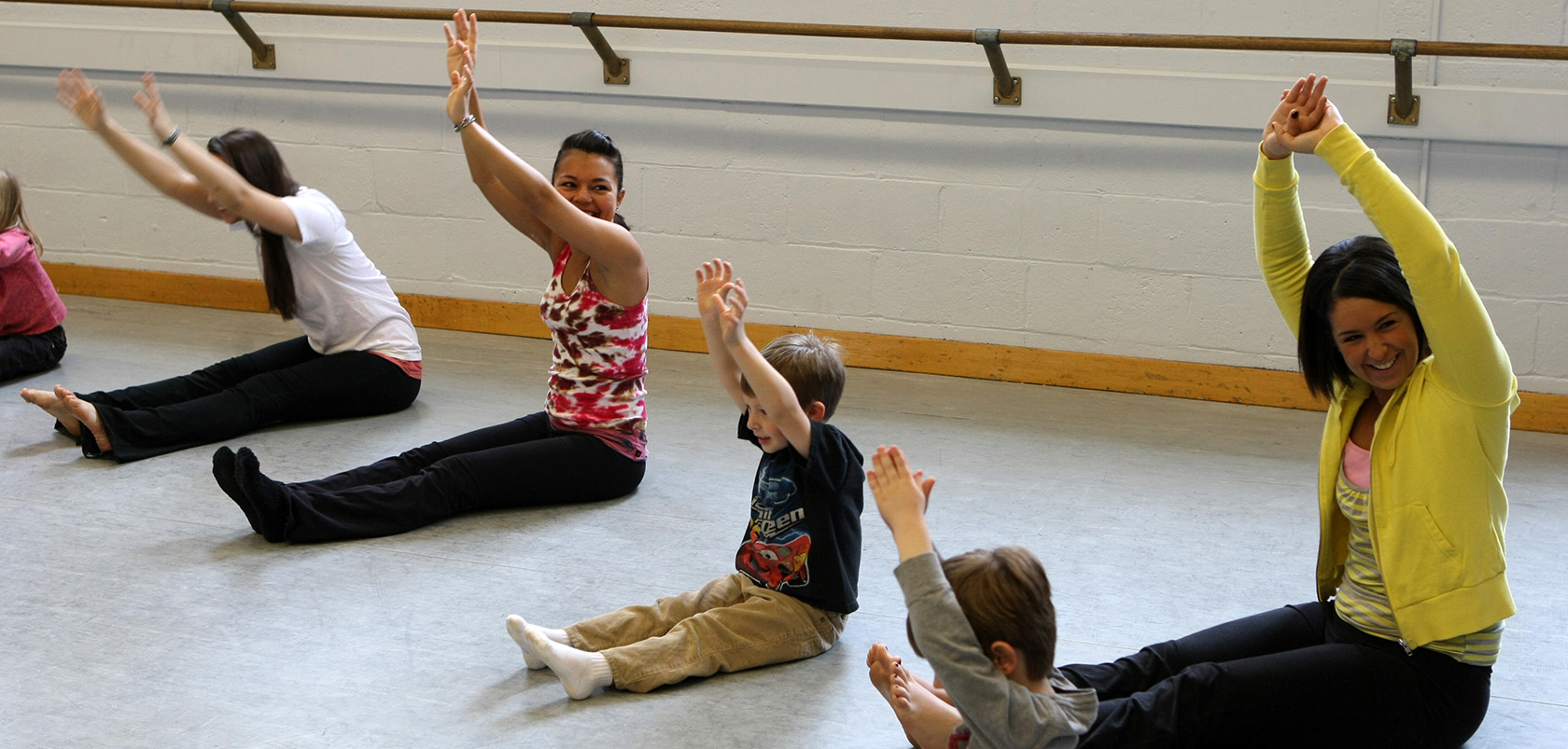Hofstra's Physical Education programs are designed to provide rich learning experiences that will enable students to become highly skilled scholar-practitioners. This is a comprehensive program providing coursework and field experiences across a variety of school settings. Learn from internationally recognized and respected faculty members who are committed to your success. Gain hands-on experience through fieldwork in a variety of settings. Benefit from state-of-the-art campus facilities and resources of a Division I Athletics Department.
Undergraduate & Graduate
Physical Education Programs

Physical Education
Getting Started

Physical Education
Student Resources

Careers and Skills
Physical Education involves teaching children pre-k through grade 12 the understanding and performance of basic motor skills, games, and lifelong fitness activities as well as the social and personal skills related to participating in physical activities. Physical educators at all levels are responsible for addressing these skills on a continuum of ability levels to include meeting the needs of children with disabilities.
- Elementary physical educators usually teach levels preK-5. The competency of basic locomotor and non-locomotor movements in various forms and patterns is the focus at the elementary level. For example, an elementary curriculum will include instruction in psychomotor skills such as running, walking, hopping, jumping, kicking, throwing, and striking.
- The middle school physical education teacher typically works with grades 6-8. They are responsible for the future development of motor and non-locomotor movements through an array of organized individual and team activities. Social skills are stressed in the middle school curriculum.
- Secondary physical education (grades 9-12) stresses participation in lifelong activities such as aerobics, rock climbing, hiking, biking, jogging, and functional training. The high school curriculum encourages students to become proficient in activities that can be experienced over a lifetime. Some schools offer a wellness curriculum for their students that emphasize a holistic approach to wellness. This curriculum may include classes in first aid, interpersonal relationships, sexuality, and nutrition, in addition to sport and movement activities. Physical educators with additional training in Adapted Physical Education are responsible for ensuring that children with disabilities (preK-age 21) receive quality physical education services as mandated by the Individuals with Disabilities Education Improvement Act of 2004 (IDEIA, 2004).
Contact Us
Office of Graduate Admission
516-463-4723
Website: hofstra.edu/graduate
Email: graduateadmission@hofstra.edu